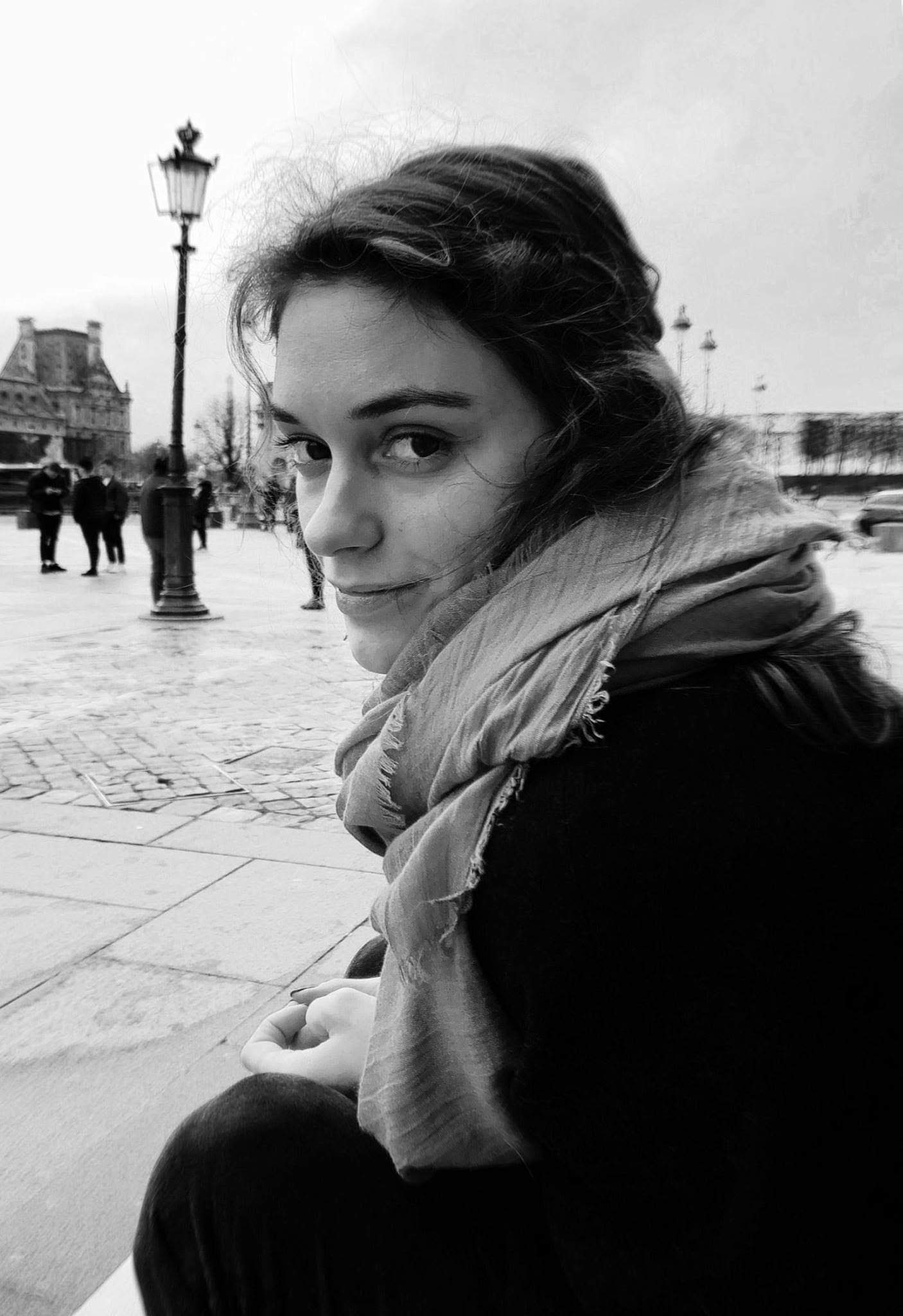ISSN: 1941-4137
POETRY THAT ENACTS THE ARTISTIC AND CREATIVE PURITY OF GLASS
POETRY THAT ENACTS THE ARTISTIC AND CREATIVE PURITY OF GLASS

Madeline Miele is an MFA candidate at the University of Virginia. Her work has appeared or is forthcoming in Dogwood: A Journal of Poetry and Prose, Off the Coast, The Stonecoast Review, and Uppagus.
Also by Madeline Miele:
Dead Dad
Hedgehog
after Jacques Derrida
You have to imagine it has instincts
for this sort of thing, choosing,
and quite deliberately,
to place one paw upon the pavement.
You have to imagine a mechanism,
that a vehicle on the road shoots
small movements which must be felt
by the creature. Or perhaps it thinks
the light now favors recognition. The edge
of autumn, tall grasses barely touched
by late afternoon sun. It’s not like you
exposing itself to death. Sure
it has a heart but a heart kept close
to the ground. A heart
whose rhythm births the beat. The down
beat down there closing the distance
between message and meter.
In the face of an uncertain future it rolls,
arrows unquivered, never more exposed.
Imagine hearing catastrophe near
and being unmoved. The car approaches,
headlights hollow little pools.
It’s different from you. Inside
the tenor of the road it can’t, as you
so desire, be known. You at the wheel
captain of your own course. You
who is unable to be derailed. You think
the poem will emerge like an animal
from a field and ask to be flattened and fixed
to something. That the road is the world
word rides upon. This is the problem
with assuming language achieves reality:
if the danger is always understanding
you won’t see the wound until it’s torn
into meaning.
This poem came into being after reading Derrida’s "Che cos'e la poesia," an essay which explores the definition of poetry and understanding poetry using the metaphor of a hedgehog crossing the road.
Glass: A Journal of Poetry is published quarterly by Glass Poetry Press.
All contents © the author.
All contents © the author.





